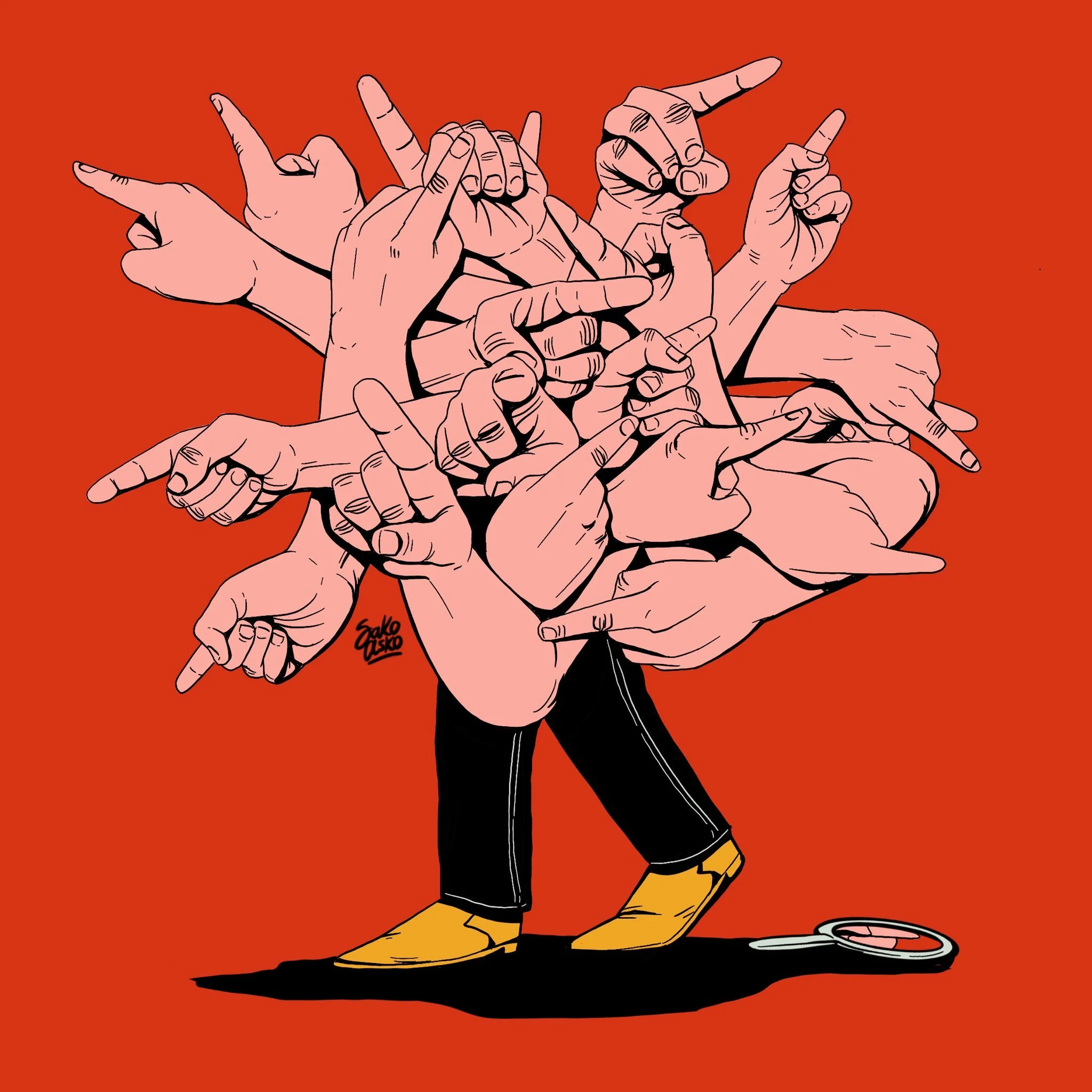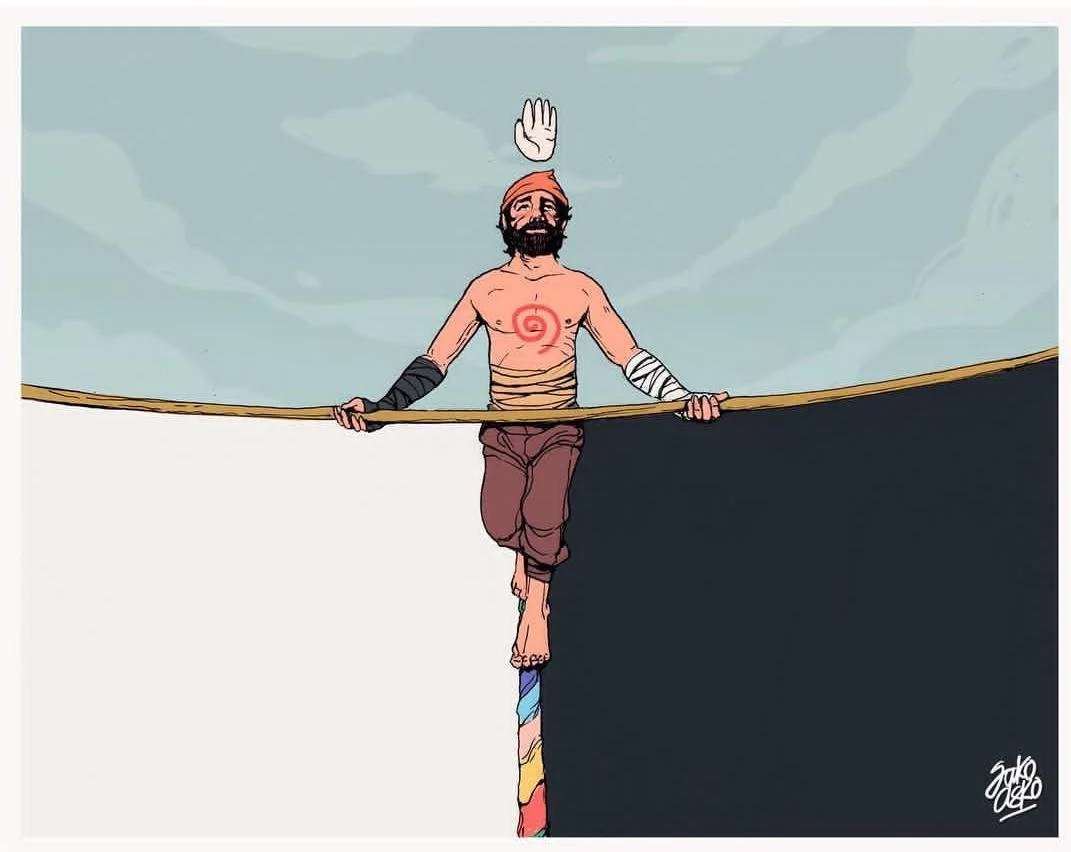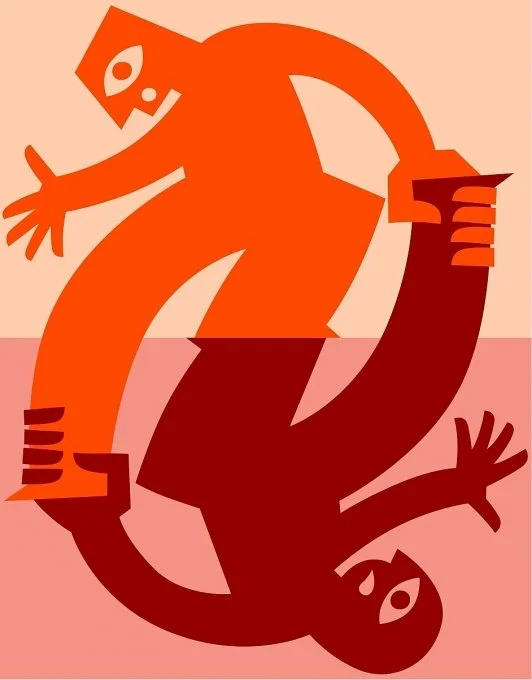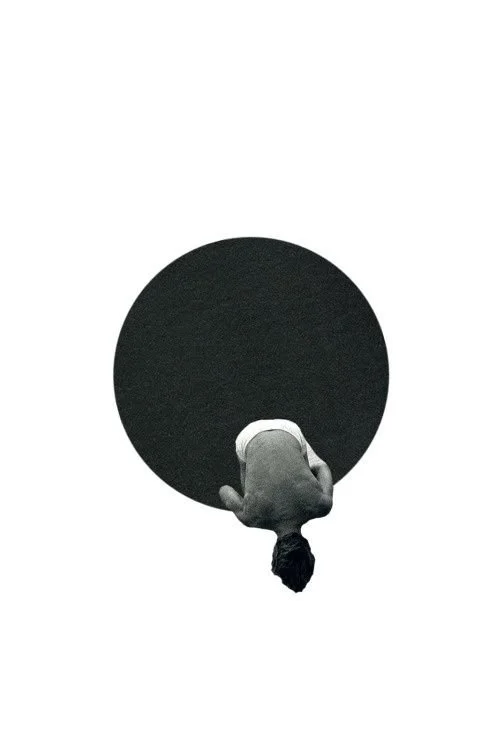When electricity, food, water or wifi disappear in a city, I first of all believe in the Armed Forces of Ukraine, for their unstoppable power is the starting point for what we have today and in the future. The next thing I believe in is entrepreneurs, the most proactive and creative force of capitalism.
Business founders need not be persuaded, inspired, much less forced to work. Their “plant settings” are such that, when they see a keen demand for a service or product, they simply cannot physically do nothing. It is like trying to suppress a yawn at a boring presentation or not to laugh at a good joke. So if a product suddenly disappears from the shelves that a lot of people need, I don’t make a fuss. In the few days or weeks while others are worrying, “What if the empty shelves are forever?” I know that plenty of entrepreneurs are rolling up their sleeves and doing important, but so far invisible, work. Alternative routes all the way down to the goat trail are being explored, more responsive suppliers are being found, new supply chains are being invented. Acting independently of each other and even competing at times, the drips of entrepreneurs eventually flow into a turbulent mountain stream that can crush, erode, or bypass any obstacle. Sooner or later, customer demand is sure to be met. Betting on entrepreneurship is as reliable as saying that the sun will rise again tomorrow.
In a general sense, this means that I believe in people’s creativity - in their ability to find a solution to a problem, no matter how catastrophic. As long as man lives, he will conquer anything and everything. Do you agree?
Yours sincerely,
-Alexander
You can help Ukraine defend itself and the World from Russian aggression here.
”Who are you and what do you do?"
As a business therapist, I help tech founders quickly solve dilemmas at the intersection of business and personality, and boost company value as a result.
"I have an extremely important business decision to make. Can you help me?
Reserve a time on my calendar that is convenient for you to meet with me. We'll clarify your request and discuss options for how you can help.





















